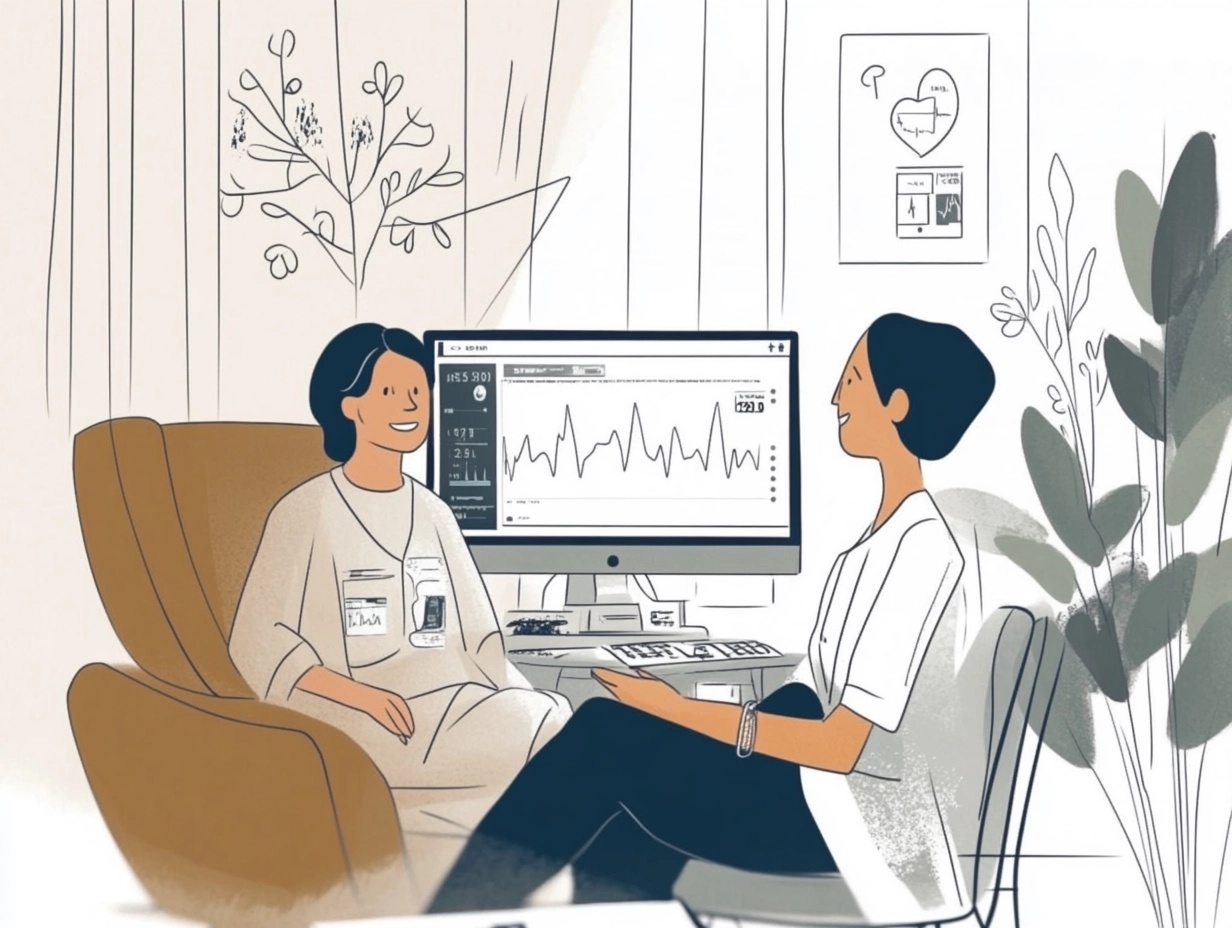In recent years, there has been growing interest in the role of the nervous system in regulating our health and well-being. This is particularly true when it comes to our relationships with others.
Numerous studies have shown that nervous system regulation is essential for maintaining a healthy relationship. In fact, one study even found that couples who underwent training in nervous system regulation had significantly lower levels of stress and conflict than those who did not receive such training.
Given the importance of nervous system regulation for relationship health, it’s clear that we need to better understand how the nervous system works and what we can do to optimize its function.
Here, we’ll take a look at the basics of the nervous system and how it affects our relationships with others. We’ll also discuss some simple techniques that you can use to improve your own nervous system regulation. By better understanding the role of the nervous system in regulating our relationships, we can take steps to improve our overall relationship health.
What is nervous system regulation and why is it important?
The nervous system is an essential regulator of human health, including our relationship health. When the nervous system is dysregulated, it can significantly hinder our ability to cultivate healthy, supportive relationships.
Research shows that when nervous systems are regulated well, we are more available to connect with others and build deeper connections.
Therefore, understanding how the nervous system regulates its activities and how those activities impact our attempts at building relationships can be life-changing. Understanding nervous system regulation helps us to better engage in relationships, enabling us to focus on connection rather than protection or threat.
Regulating the fight-or-flight response
The fight-or-flight response, which is mediated by the autonomic nervous system (ANS), helps us respond to potential threats or danger. ANS has two components; the sympathetic and parasympathetic systems. In fight-or-flight mode, our sympathetic nervous system is activated and tells our body to prepare for action: hormones like adrenaline are released and we become alert. It puts us into a heightened state of arousal in order to flee from danger or fight it off.
Our parasympathetic nervous system is responsible for regulating rest-and-recover processes–it sends signals to relax the body after fight-or-flight mode has subsided so that we can regain emotional balance and physical energy. This relationship between fight-or-flight and self-regulation is essential for emotional health since it allows us to move through stressful experiences with greater ease, resilience, and clarity of mind.
We can become dysregulated when we experience chronic stress
Chronic stress can dysregulate the ANS and cause physical and psychological effects. The dysregulation of the ANS activates the fight-or-flight response, which is a physical state of sympathetic arousal that adjusts our body for difficult or life-threatening situations. This can leave us feeling on edge, as if we are constantly worried or anxious.
Long-term dysregulation of the ANS due to chronic stress can have harmful impacts on our physical health, such as an increased risk of cardiovascular disease, as well as our mental and emotional wellbeing.
Our relationships can also be affected by chronic stress dysregulating our ANS since it impairs communication and increases conflict between partners. It is important to understand how chronic stress dysregulates the ANS and be aware of how it affects our health so that we can take proactive steps to manage it and reduce its negative impacts in all aspects of life.
Dysregulation can lead to negative consequences in our relationships, including communication difficulties, conflict, & intimacy issues
Dysregulation of the nervous system can have serious implications for our romantic relationships. If one partner experiences dysregulated emotional arousal and physical states, this can place a strain on their ability to be heard and understood by their partner.
A nervous system that is stuck in fight or flight mode will lead to difficulty managing stress and communication, leading to frequent conflict. Additionally, dysregulated nervous systems tend to hinder a couple’s ability to resolve issues, making it hard for them to overcome relationship problems or access deeper levels of intimacy. It is important to look at the nervous system when exploring both positive and negative dynamics within our relationships.
Tips for regulating your nervous system
When it comes to regulating the autonomic nervous system (ANS), there are many techniques and strategies available. First and foremost, regular exercise helps to regulate heart rate, blood pressure and can reduce the amount of sympathetic overdrive in the body.
Additionally, relaxation techniques such as breath work, heart rate variability biofeedback, guided meditation, and progressive muscle relaxation can be effective tools for calming down an over-excited ANS.
Yoga is also a good option for self-regulation – as its combination of physical exercises, breathing control, and meditation can help people to calm their nervous system.
For further emotion regulation strategies, mindfulness or cognitive behavioral therapy can be beneficial in helping individuals learn how to respond rather than react to stressful stimuli in healthy ways that will benefit their overall well-being.
The importance of self-regulation in order to maintain healthy relationships
The nervous system is our body’s ‘wiring’. It helps regulate a range of processes such as heart rate, breath and digestion – all of which are important for healthy relationships. When our nervous system is in balance, heart rate variability (HRV), a measure of heart rhythm, increases.
With higher HRV we can more effectively control our emotions and thoughts in difficult situations. Studies have shown that HRV biofeedback not only improves HRV but also helps with self-regulation of both physical and mental states.
Maintaining a balanced nervous system helps us to live harmoniously with others by giving us the ability to choose how we respond instead of reacting instinctively in potentially volatile situations.
By taking charge of our nervous system health through controlled interventions such as HRV biofeedback, it is possible to maintain relationships with those around us at an improved level of mutual understanding and trust.

In conclusion, nervous system regulation plays a vital role in relationship health. The autonomic nervous system regulates our body’s fight-or-flight response, and can become dysregulated when we experience chronic stress.
This dysregulation can lead to communication difficulties, conflict, and compromised intimacy between partners. Fortunately, there are simple tips we can use to help regulate the ANS: exercise, relaxation techniques, yoga, and heart rate variability biofeedback.
By keeping our nervous system regulated and balanced in healthy relationships we can work towards better communication, decreased levels of conflict, more fulfilling intimacy with our partner.
If you’re looking for more help regulating your ANS try heart rate variability biofeedback with the help of Lief – an evidence-based app designed for improving resilience and mental wellbeing. Ultimately individuals can take control of their own well-being and be equipped with the necessary tools to maintain healthy relationships in their lives.





Leave a Reply
You must be logged in to post a comment.